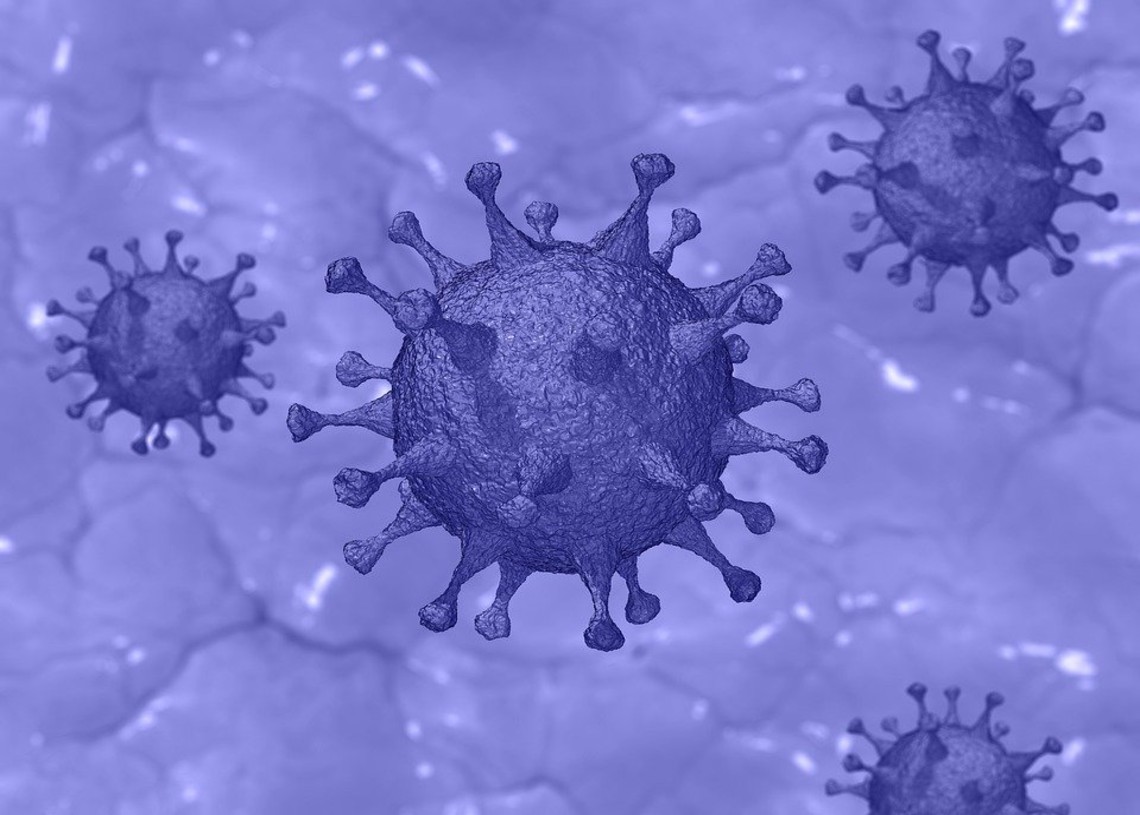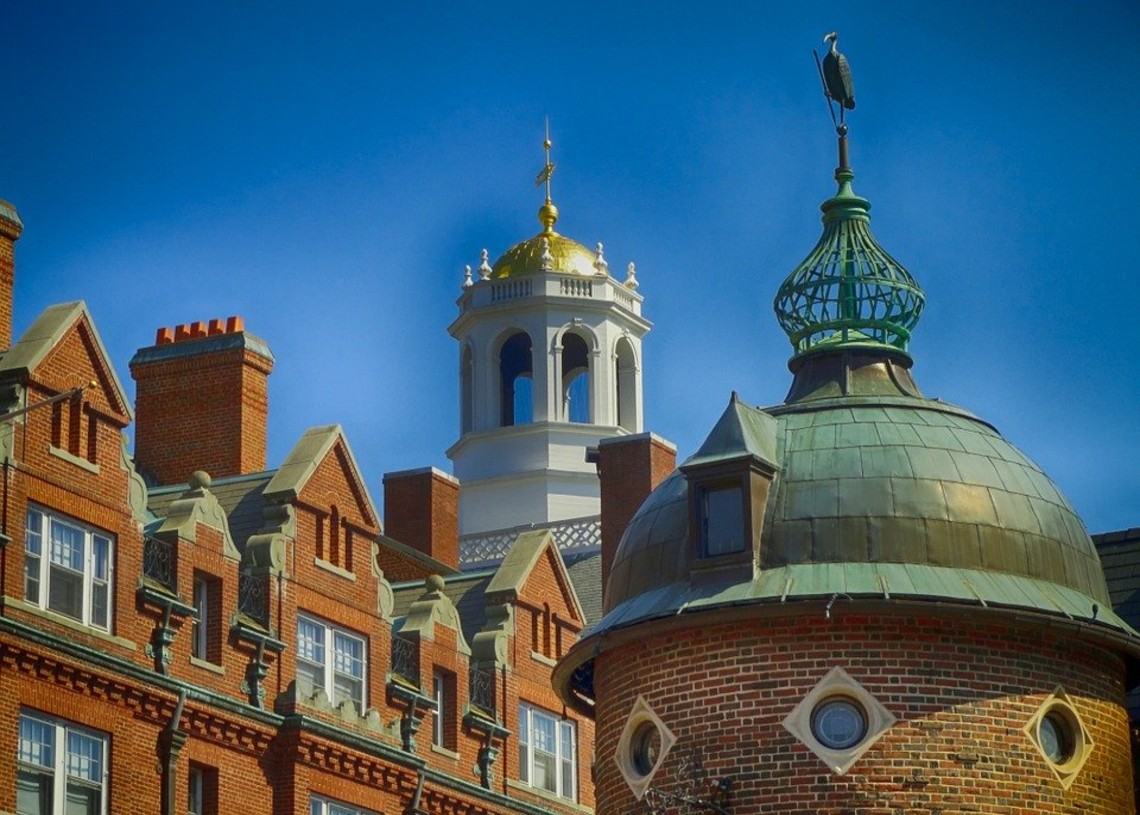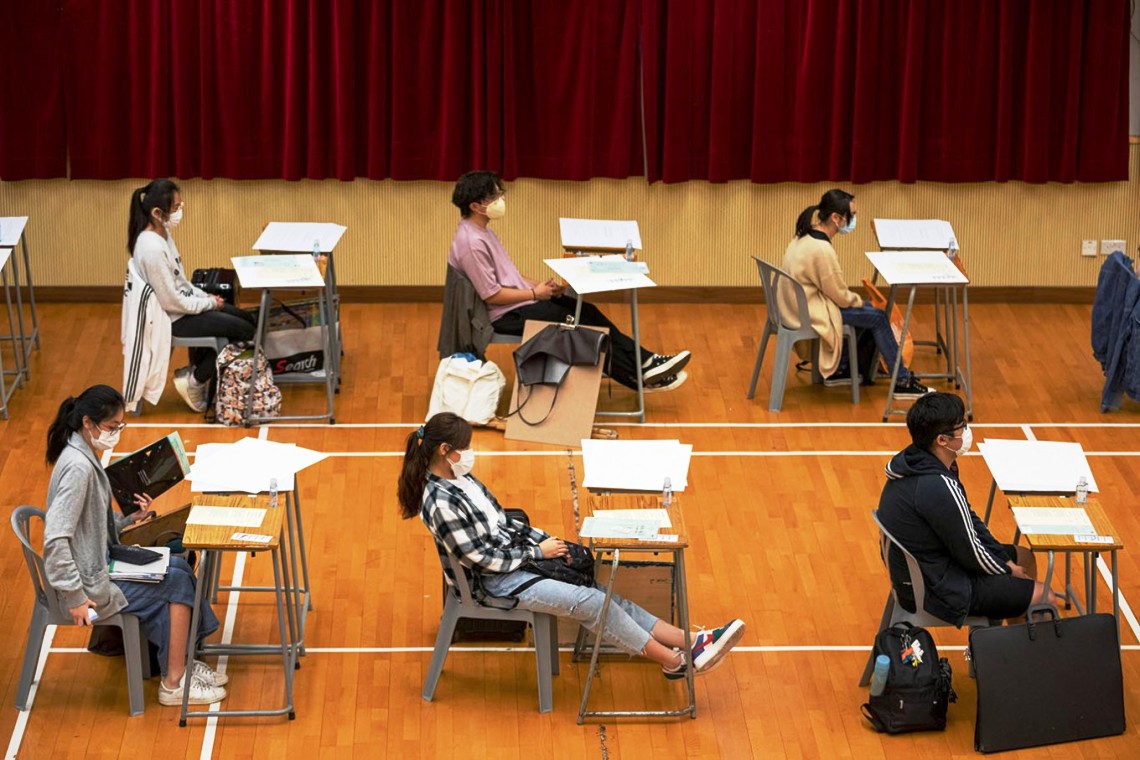US scientists have discovered that sunlight accelerates the death of coronavirus. The study also found that a rise in humidity also contributed to a reduction in coronavirus half-life.
William Bryan, an advisor to the Homeland Security department of science and technology, Thursday announced US scientists had discovered that coronavirus is quickly destroyed by sunlight.
Sunlight impact on coronavirus
William said that an increase in sunlight, which contains ultraviolet light was able to kill the coronavirus fast. The impact of sunlight on viruses floating on air and on the viruses varied, however, an increase was able to reduce their half significantly, reducing the spread of the virus in hotter environments.
William also said temperature and humidity also played a significant role in destroying the virus. He said when temperatures or humidity or both are high, the virus had a hard time surviving in such an environment.
The study has not yet been published for other independent scientists to be able to scrutinize it. At this time, its robustness and methodology cannot be ascertained by other scientist but the research offers hope, going to the summer.
Trump cautious of the study
President Trump was cautious about the interpretation of the results of the study. However, he felt vindicated for a statement he had several weeks ago when he suggested the virus would go away in the summer. During the daily press briefings, he reminded people about his assertations and how it had generated controversy.
Scientists have long known the damaging effect of ultraviolet light on viruses. However, the key question is whether the wavelength of the UV light used for the experiment is the same as one given by the sun.
Reducing virus half-life
The study found that sunlight reduced on surface coronavirus half-life from 18 hours to just 2 minutes and aerosol coronavirus from one hour to just one and a half minutes. Humidity also contributed to the death of coronavirus, whereby a rise in humidity reduced the half-life of the virus. A reduction in the half-life of the virus will help in reducing its spread during warmer weather according to scientists.
William was also cautious saying the virus would not die off in the summer. He continued by saying the summer will reduce the spread of the virus. After dropping in summer, the rates are, however, expected to rise again during the fall and winter according to US health experts.
Featured image by Pixabay







